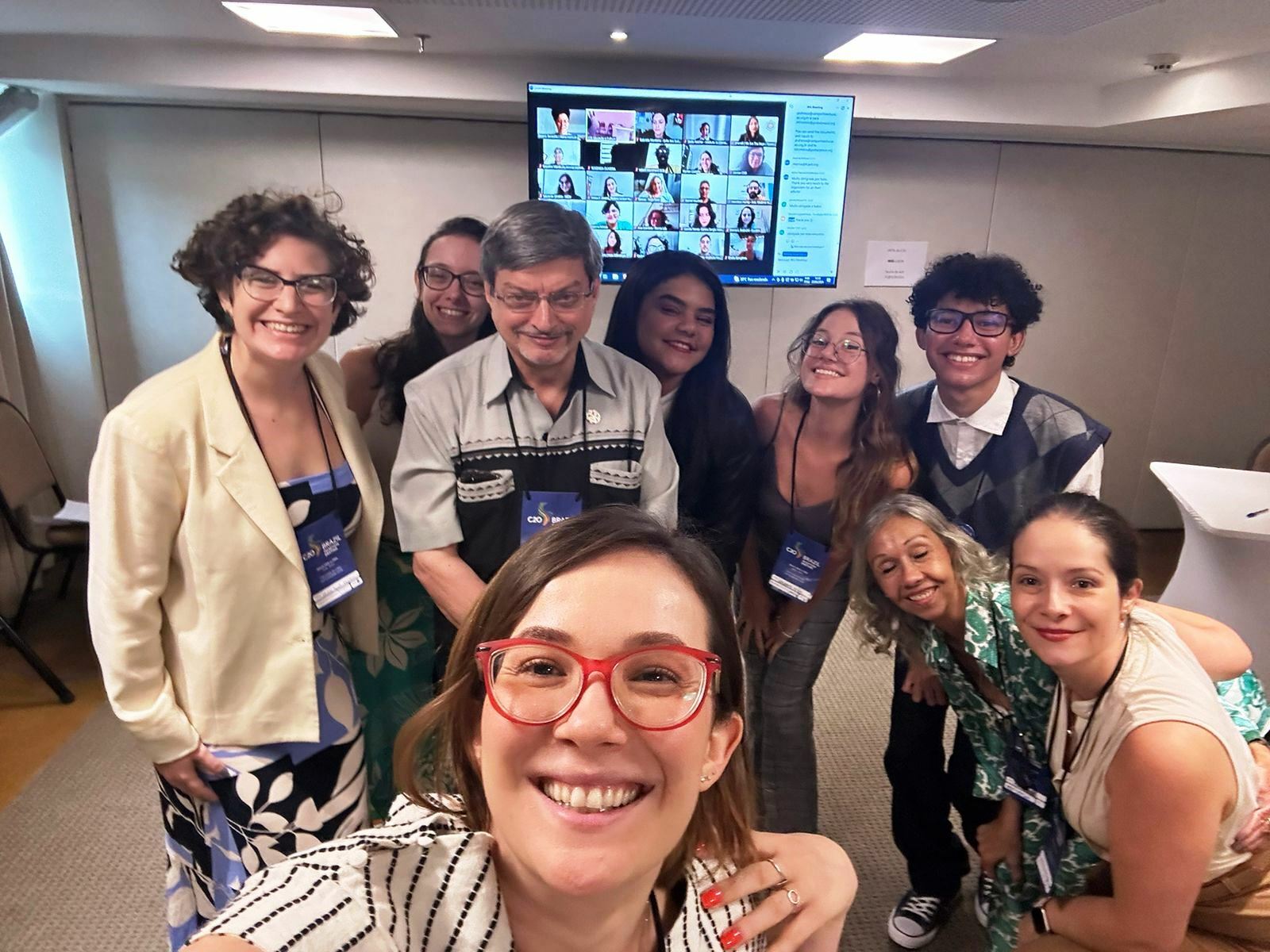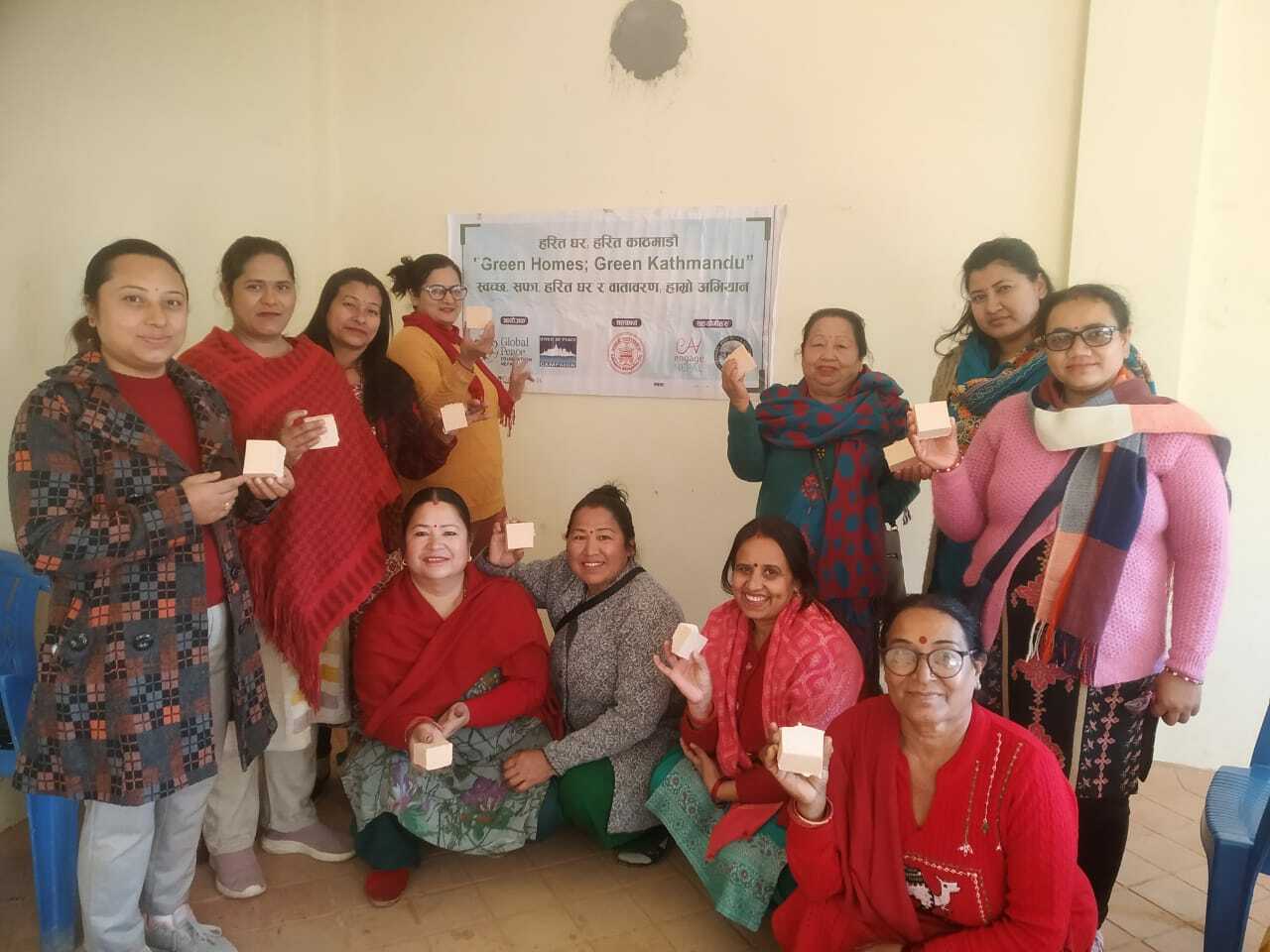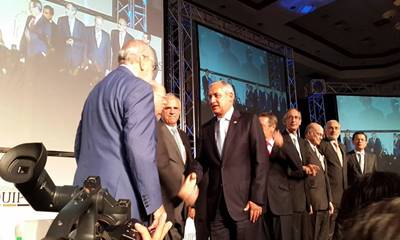
Guatemalan President Otto Perez Molina greets former Latin American Presidents at 4th Annual Esquipulas Forum in Guatemala City.
Esquipulas Foundation founder and former Guatemalan President Vinicio Cerezo called on participants at the fourth Esquipulas Regional Forum in Guatemala City to consider new development paths to move Central America forward from the significant gains of the twentieth century. “The models of development since 1994 have not resolved the many issues that remain,” Pres. Cerezo told the forum, particularly “the equal inclusion of all the people in a country’s wealth and welfare.”
The forum, “The Central American Dream: A Reality in Construction,” was an in-depth discussion of challenges facing Central America. It was organized by the Esquipulas Foundation and the Latin American Presidential Mission, an initiative of the Global Peace Foundation. Co-conveners included the Ministry of International Affairs and the Presidential Office of Guatemala, national businesses, the Guatemalan Red Cross, and the Paraguayan research institution IDPPS, and other nongovernmental organizations.
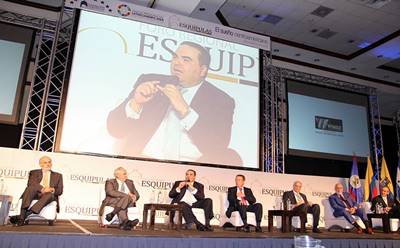
Dr. Antonio Saca, former president of El Salvador, addresses the Esquipulas Forum.
Dr. Antonio Saca, former president of El Salvador, addresses the Esquipulas Forum.Twelve former presidents, members of the Latin American Presidential Mission, participated in the forum along with 40 other experts from fields such as human rights, education, and business. Esquipulas Foundation Director Olinda Salguero said the forum was designed “to promote the development of the region, democracy, peace and integration.”
The forum included a plenary session, “Strengthening Democracy and Integration for Latin American Development: a Responsibility of Former Latin American Presidents,” and featured six panels addressing a wide-range of issues related to Central American development, including:
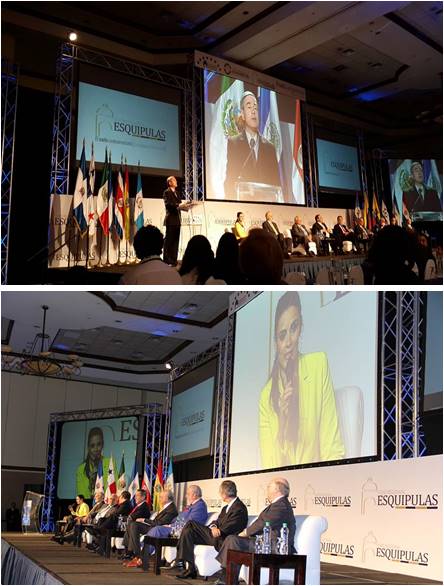
Global Peace Foundation Latin American regional representative Thomas Field (top) and Esquipulas Foundation Director Olinda Salguero address the forum.
- Global Peace Foundation Latin American regional representative Thomas Field (top) and Esquipulas Foundation Director Olinda Salguero address the forum.protecting youth from gender-based violence and raising them to become active participants in nation-building;
- development opportunities through investments in science, technology and a green economy, including cross-sector cooperation and innovation driven by a common regional vision;
- progress in Central America since the Esquipulas Agreements I and II. While the region has seen a relative period of peace and democracy, unresolved conflicts and unequal access to development opportunities remain;
- justice, regional security, and youth culture in context of the ongoing battle with drug trafficking Drug cartels have moved into Central America to avoid international surveillance more prevalent in Mexico, Colombia and the Caribbean;
- regional geopolitical concerns with development of transportation and communication technology. Recognizing the changing landscape allows for new opportunities for business and trade, regional cooperation and democratic participation.
The Latin American Presidential Mission, inaugurated during the 2012 Global Peace Convention in Atlanta, USA, is a forum for former heads of state to advance regional cooperation and integration, economic opportunity, and democratic governance based on shared ethics and cultural values.

